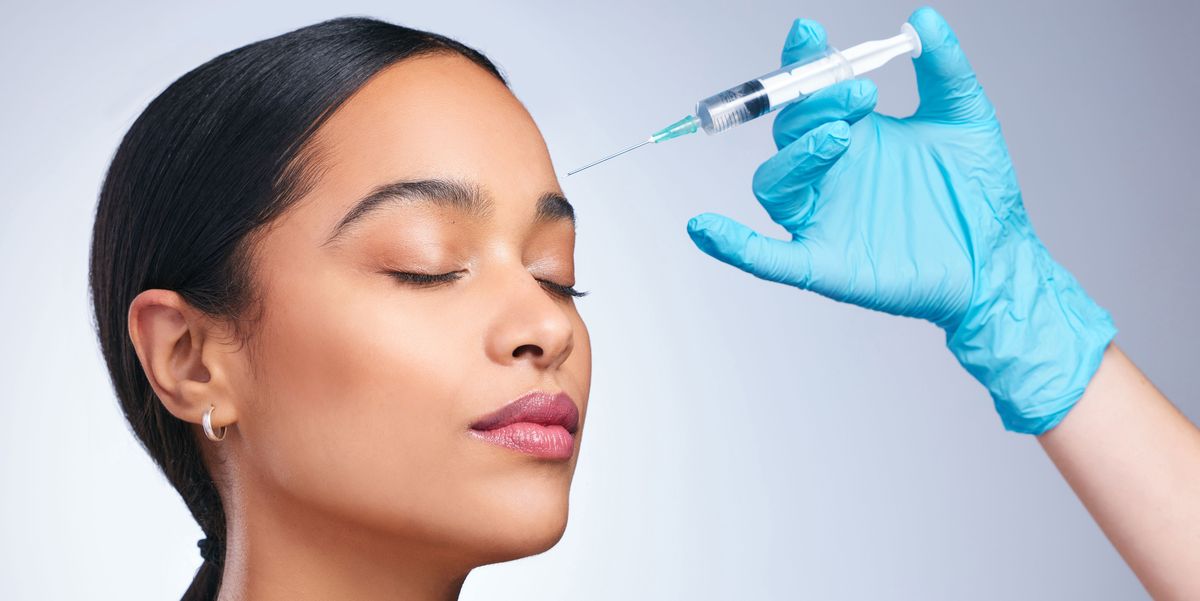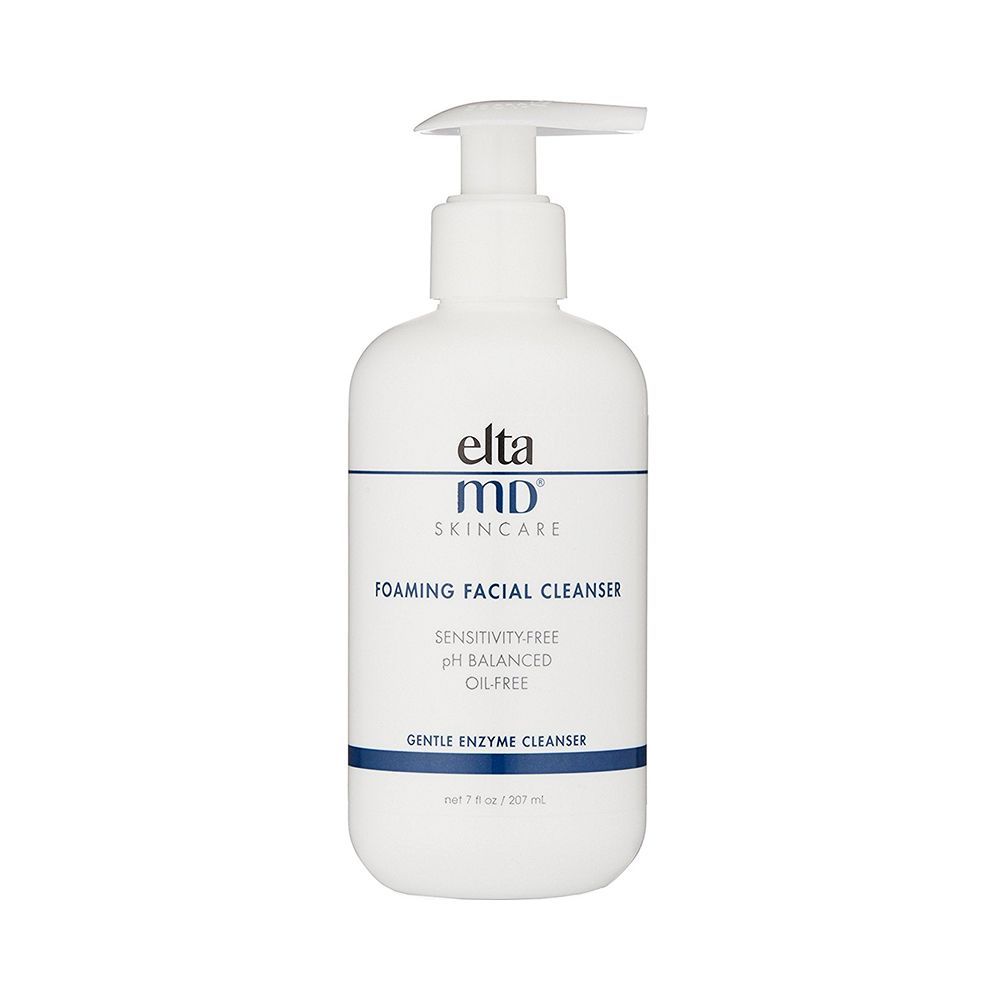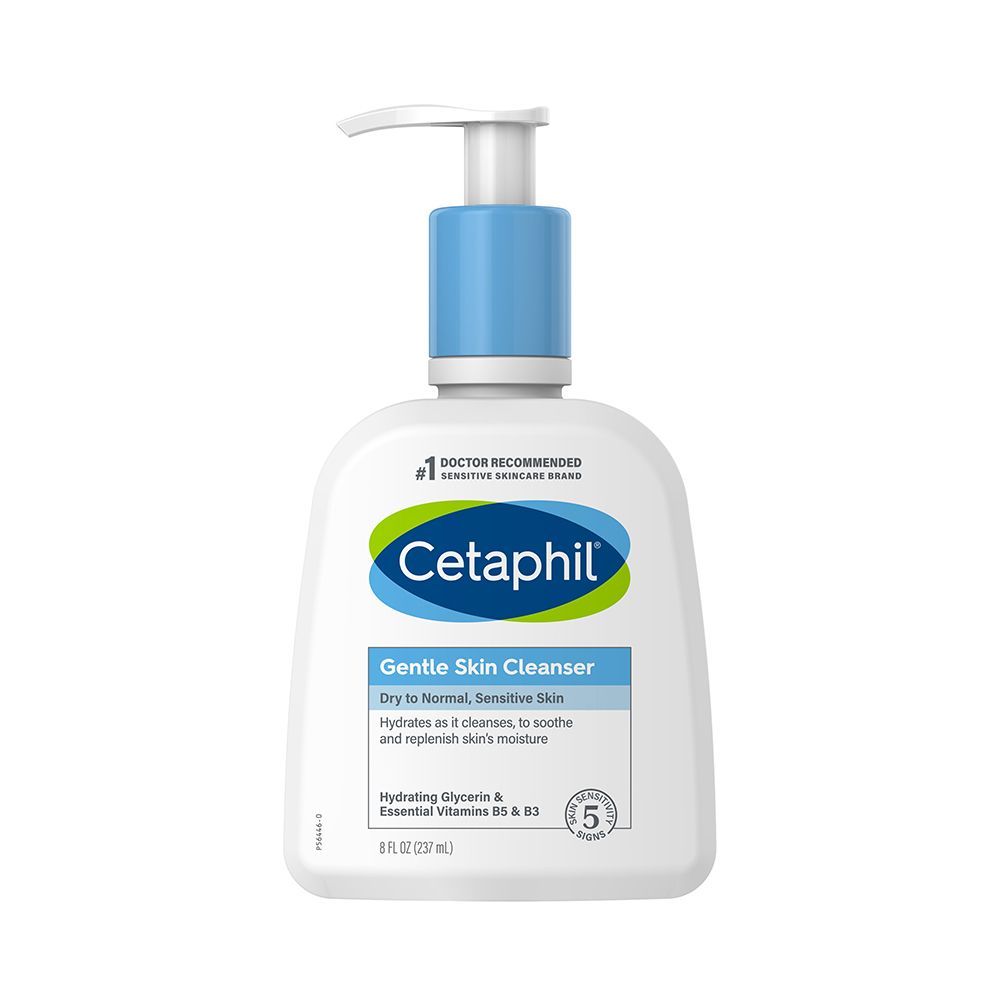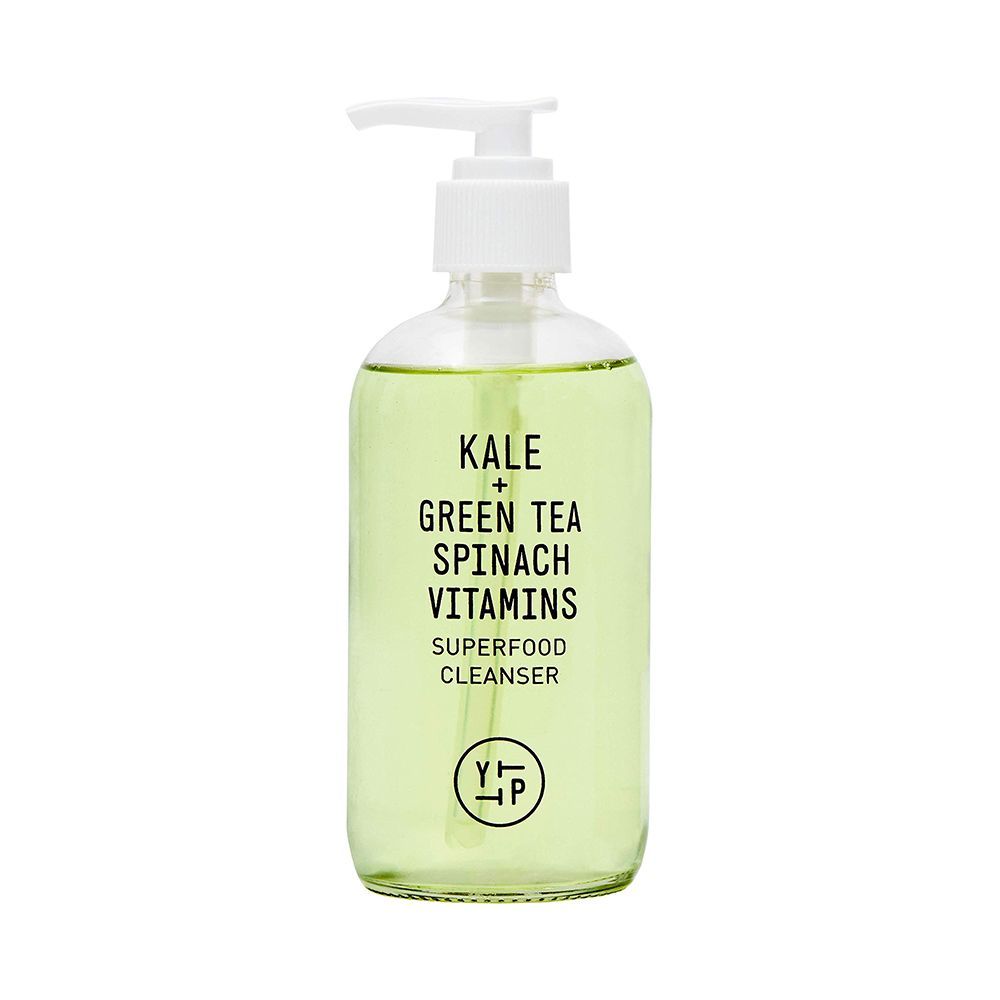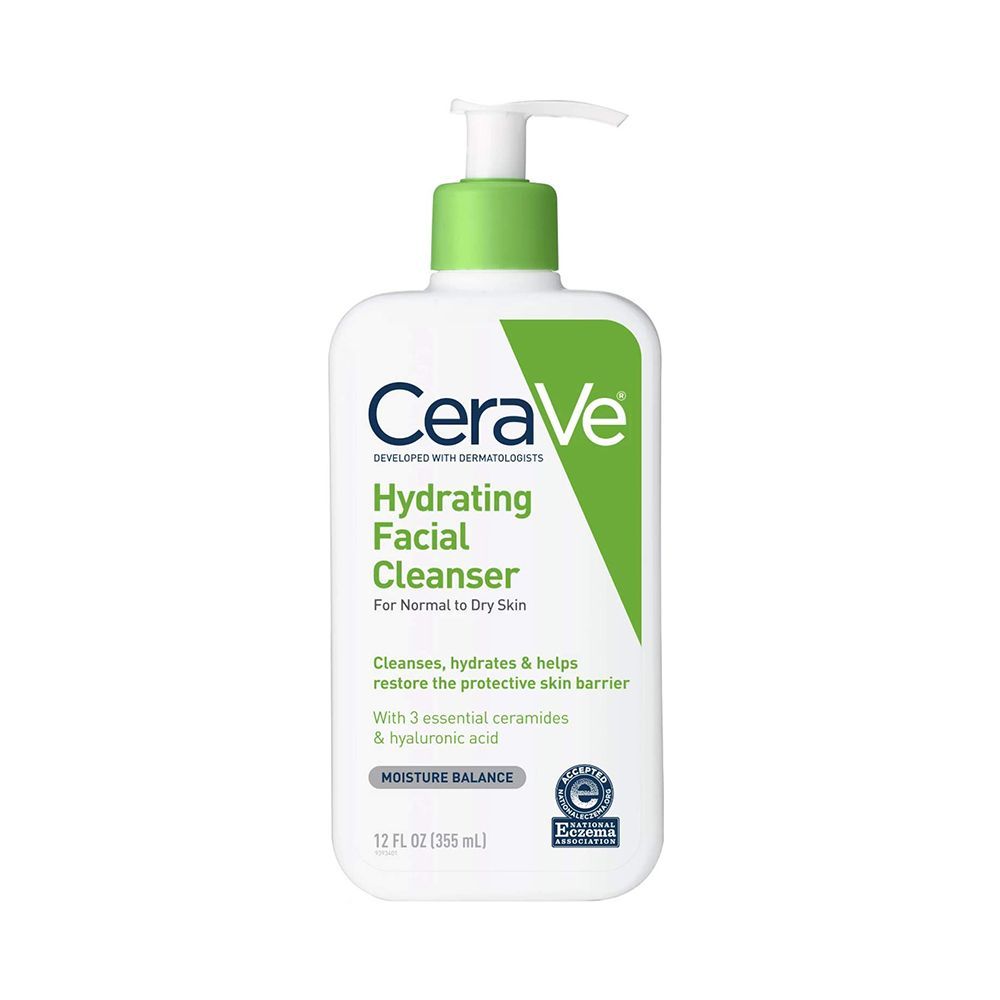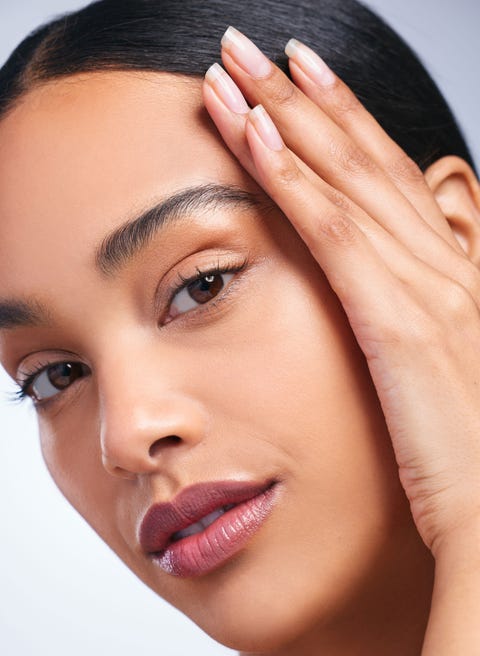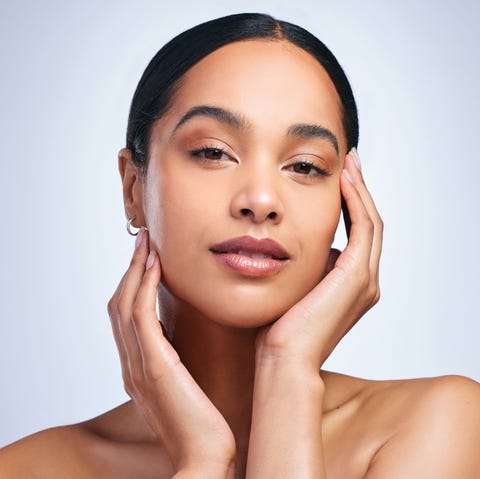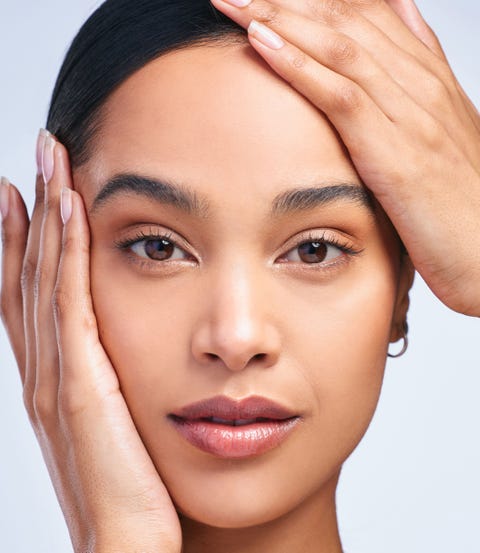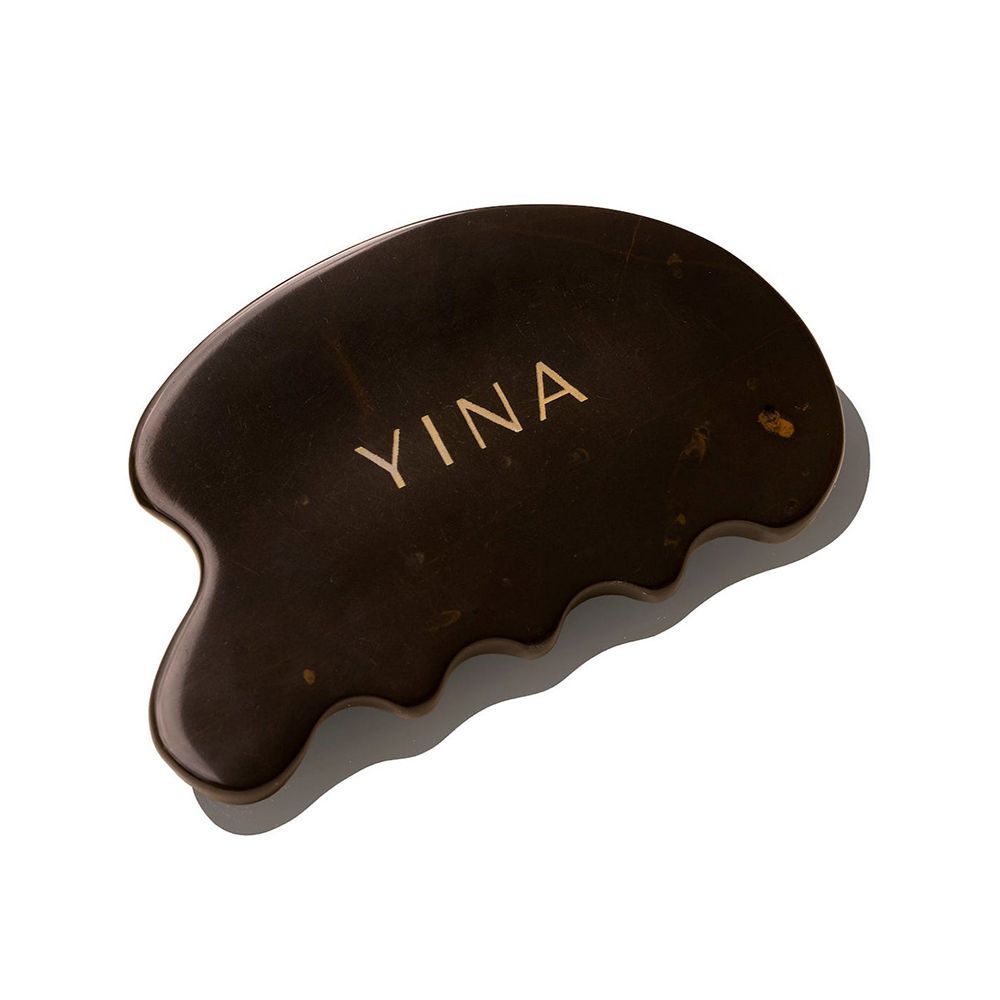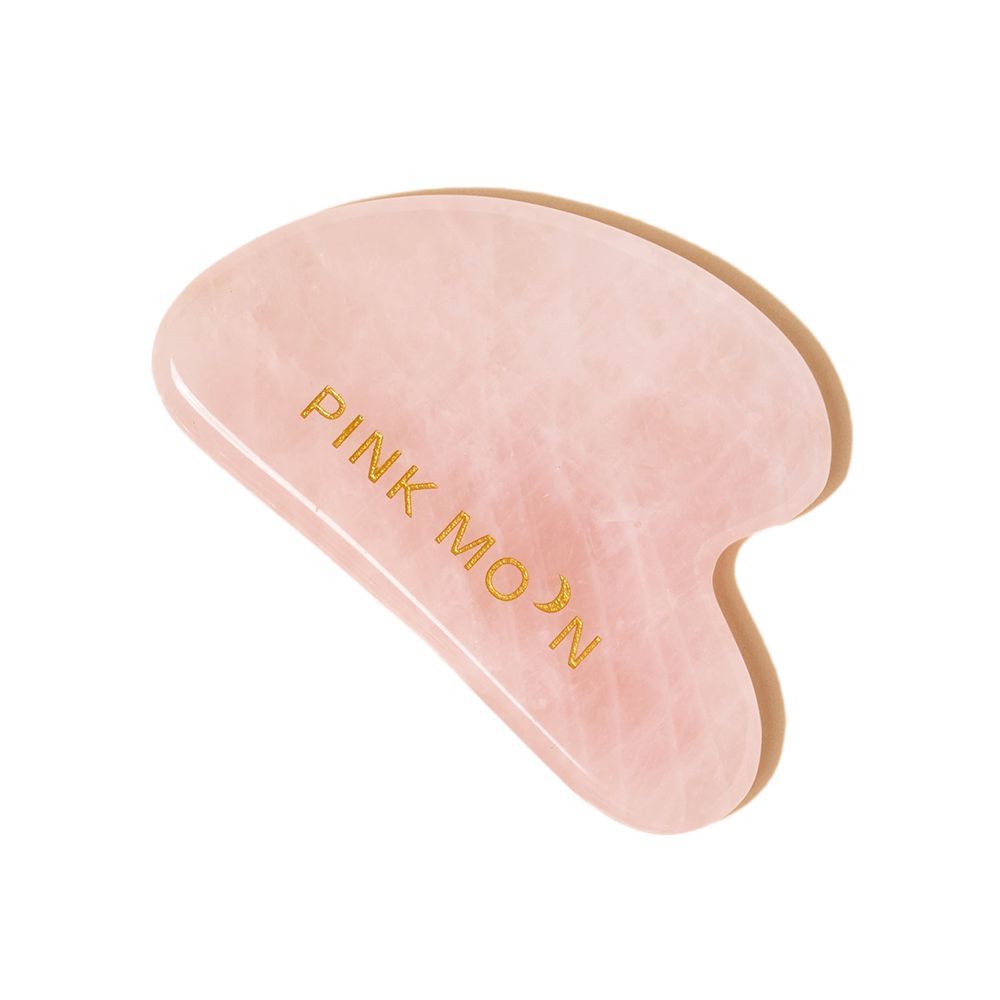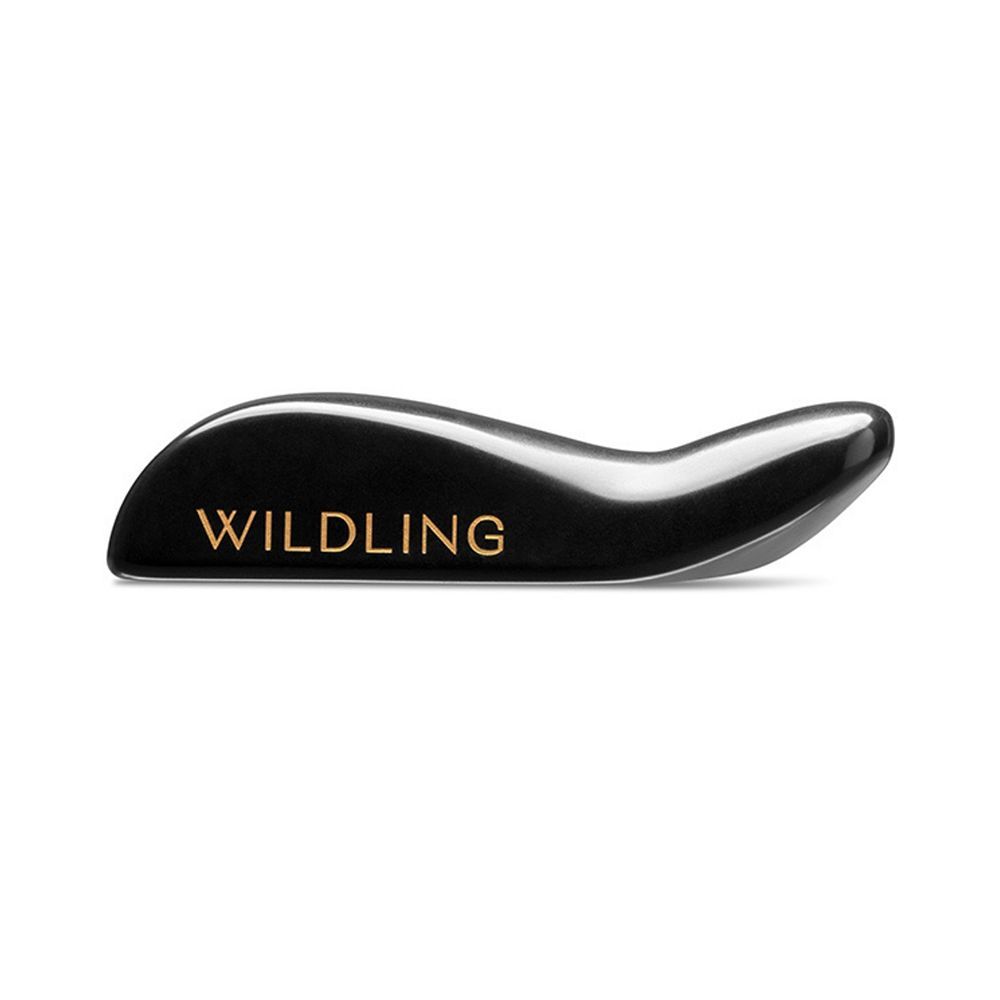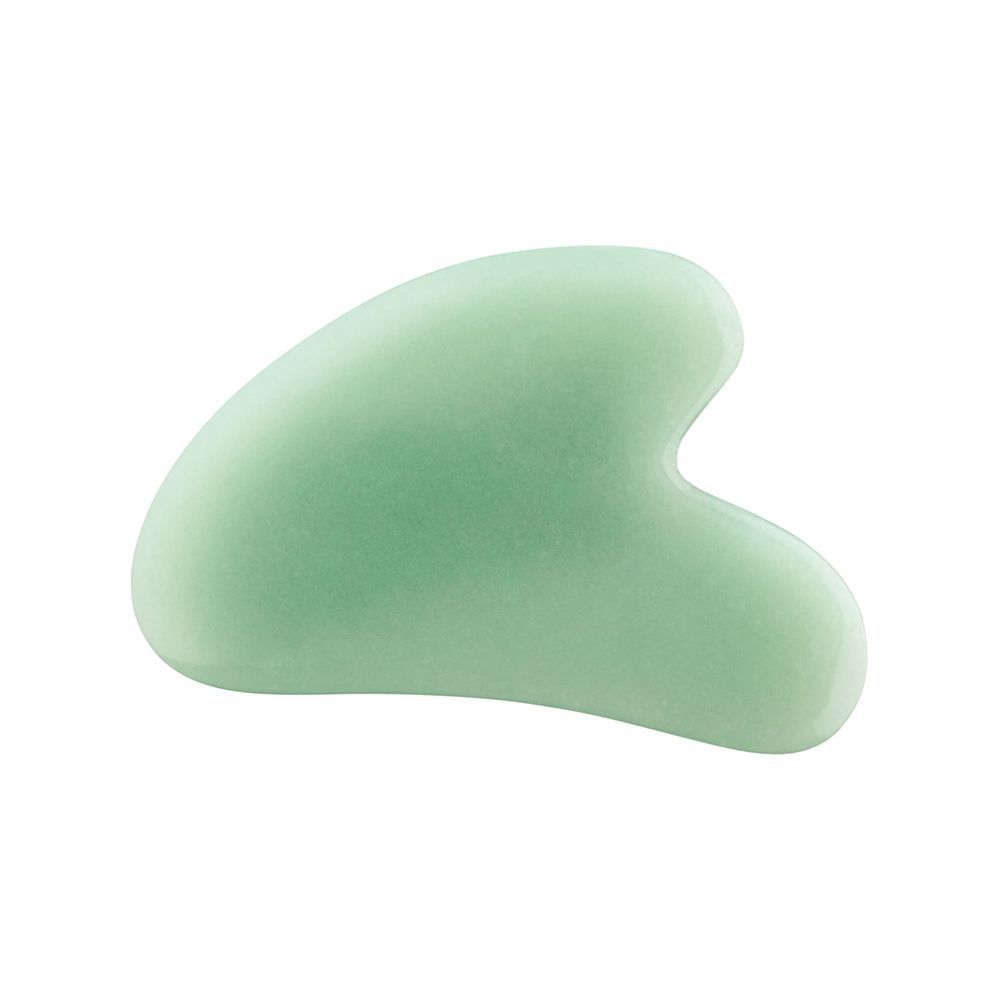Products You May Like
When it comes to getting a cosmetic augmentation such as injectables, there are so many factors to consider, from how to prep your skin pre-procedure to how to minimize bruising post-procedure. But it doesn’t have to be confusing or stressful!
To assist you, we’ve tapped two top dermatologists to answer all of your burning questions. Ahead, 12 things to avoid pre- and post-injections.
1. Exfoliating
Opting for a gentle skincare routine in the days leading up to your injectable appointment is a major key to seeing the best results. “It is best not to use any strong exfoliating treatments or products for a week prior to your appointment and for several days after the procedure,” says board-certified dermatologist and founder of the Cosmetic Dermatology Center in McLean, Virginia, Dr. Nicole Hayre.
Reaching for a gentle cleanser like Cetaphil’s Gentle Skin Cleanser and refraining from using products that contain retinol before and after your procedure helps to minimize irritation, allowing the tiny injection sites to properly heal. “I also recommend avoiding anything that will inflame the skin such as lasers as this can cause swelling and distort how much volume may be needed,” adds board-certified dermatologist and Cosmetic and Mohs Skin Cancer Surgeon, Dr. Sheila Farhang. For patients that experience bruising post-procedure, Dr. Hayre recommends applying Arnica cream or gel to soothe and diminish bruises.
2. Makeup Application
There is little to no evidence that applying makeup post-procedure poses a high risk, however, Dr. Hayre suggests putting your makeup routine on pause until the following day after getting filler injections. “I prefer patients to use a cream-based makeup after procedures. Powders can at times be too irritating if they get deeper into the skin,” explains Dr. Hayre. As for neuromodulator injections such as Xeomin, Botox and Dysport, Dr. Farhang recommends waiting at least 30 minutes post injections before applying makeup around the entry points.
Pro Tip: If filler has been injected, be sure to apply makeup in a very gentle and upward motion to avoid shifting the filler out of place.
3. Alcohol Consumption
Beer, wine, and liquor are inflammatory and temporarily enlarge our blood vessels. “Patients should abstain from alcohol for 3-4 days prior to their appointment and then for several days afterwards,” says Dr. Hayre. The consumption of any type of booze directly after getting injections can cause and/or further enhance bruising and swelling, so it is best to steer clear.
4. Some Medications and Supplements
To limit the onset of bruising, Dr. Hayre advises against taking medications and supplements that encourage internal bleeding for at least two weeks prior to your injectable appointment. “Items to avoid include Aspirin, Excedrin, Ibuprofen, St. John’s Wart, Gingko Biloba and Ginseng,” explains Dr. Hayre. Many supplements have a reputation of thinning the blood, so Dr. Farhang recommends her patients to stop taking all supplements, if possible, for a few days to a week before getting injections and for 1-3 days afterward.
5. Diet
It is essential to maintain a well-balanced diet in the weeks leading up to your appointment, but avoid Omega-3 fatty acid foods such as fish and avocado to prevent post-procedure bruising. Dr. Hayre recommends consuming fresh pineapple the week prior to your procedure. “The bromelain in pineapple works well to prevent or minimize bruising,” she adds.
6. Dental Work
This is a big no-no to avoid. “Wait two weeks before and after getting filler to get dental work done,” explains Dr. Farhang. Studies have linked dental procedures and infection when done in proximity to dermal fillers.
7. Exercise
Prepare to take at least 24-hours off from any strenuous activity post-appointment. “Exercising increases blood flow which may lead to more swelling and bruising,” says Dr. Hayre. If you do notice any visible bruising or swelling after one day of rest, be prepared to take additional days off from your workout routine until healing is complete.
8. Hair Appointments
Be sure to schedule your next hair appointment at least one week after your treatment. “Patients need to ensure that the tiny punctures near the hairline have healed before going to get their hair done,” says Dr. Hayre. Leaning back into the shampoo bowl and the manipulation that goes into styling your strands can cause unwanted side effects if done too soon. “This is more of an issue with neuromodulator injections as it could theoretically ‘trickle’ down and cause eyelid droop,” adds Dr. Farhang.
9. Napping
It is highly recommended to stay in an upright position and avoid napping right after getting Xeomin, Botox, or Dysport. “Patients that receive toxin should wait at least 1.5 hours before laying down or bending over,” adds Dr. Hayre.
Gravity plays a huge role in the outcome of an injection treatment. Remaining in an upright position for an extended period after your procedure prevents the toxin from spreading in unwanted areas of the face.
10. Microcurrent Facials
Looking to lift and sculpt your skin in minutes? Getting a monthly microcurrent facial is the perfect go-to. However, when getting injectables, avoid scheduling a microcurrent facial right after a procedure. “I recommend waiting one week after toxin and at least two weeks after filler before getting a microcurrent facial,” explains Dr. Hayre. It is best to allow the injected substances to properly settle into your face without any added pressure or manipulation before moving forward with a microcurrent treatment.
11. Gua Sha Stone and Jade Rollers
Similar to microcurrent facials, you want to be careful not to apply additional pressure to the skin post-procedure to avoid altering your results and increasing your chances of bruising. Dr. Hayre advises: “Wait one day after getting toxin before using stones and rollers on your face. Also, for those getting filler injected, be mindful that it typically takes filler two weeks to settle. So be very cautious not to press down too hard on the filler.” Remember, less is always best right after your procedure. “I advise my patients against applying excessive pressure to the areas with filler to avoid migrating the filler,” says Dr. Farhang.
12. Icing
Applying ice to your face right before your appointment serves as a mild numbing agent to lessen the discomfort from the needle insertions. On the flipside, Dr. Hayre warns patients against icing after getting injections unless there is noticeable bruising. “This is because studies have shown a decrease in the efficacy of toxin in those who applied ice versus those who did not.”
Dr. Hayre goes on to explain, “I always have patients apply an ice pack immediately after getting fillers in order to decrease the swelling and to reduce the risk of bruising. There is no evidence that applying ice to filler decreases its longevity.”
Chelsea Hall is the Assistant Fashion and Beauty Editor at Marie Claire, where she covers celebrity style, fashion trends, skincare, makeup and anything else tied into the world of fashion and beauty
